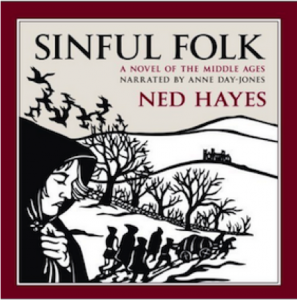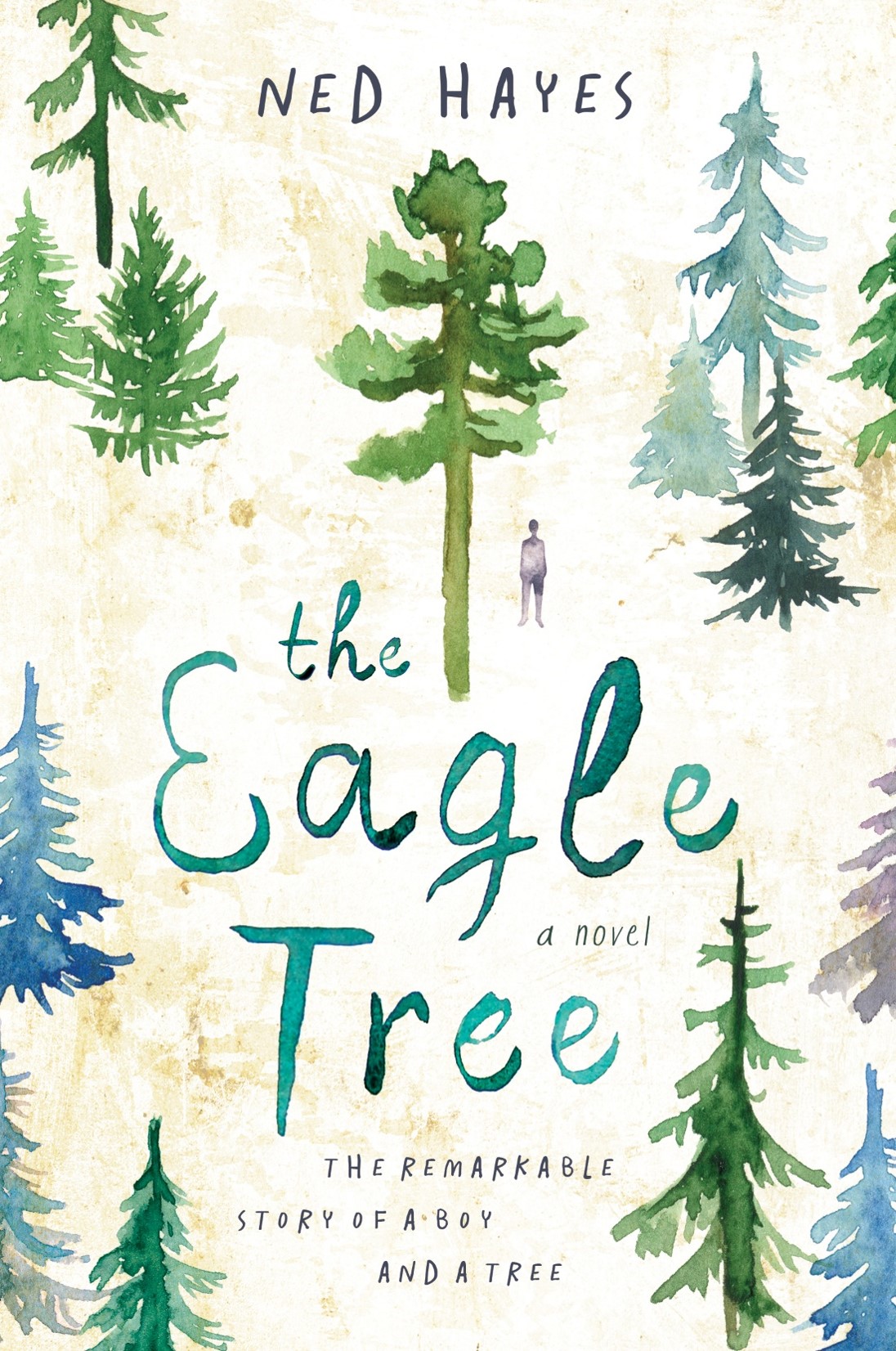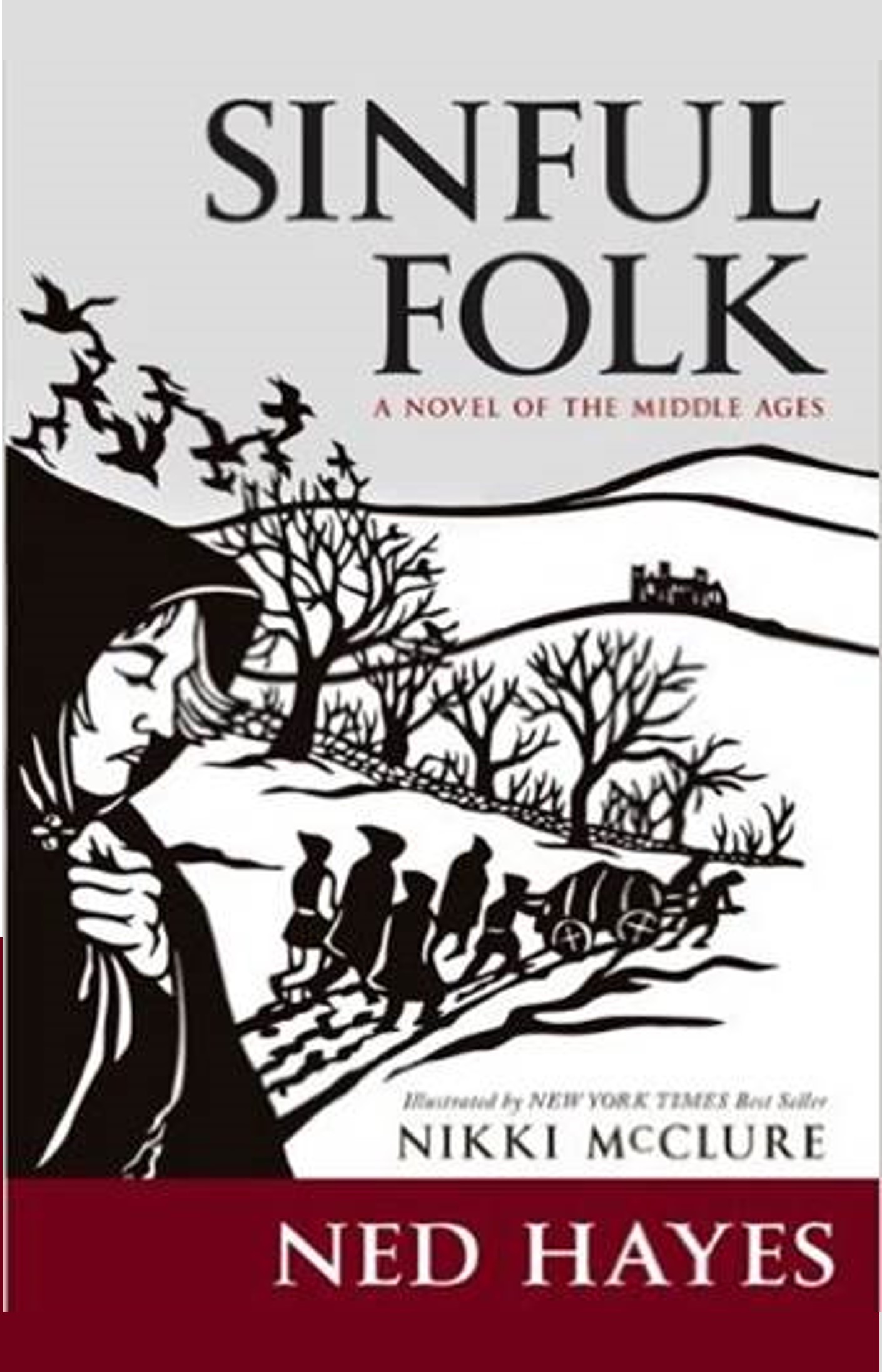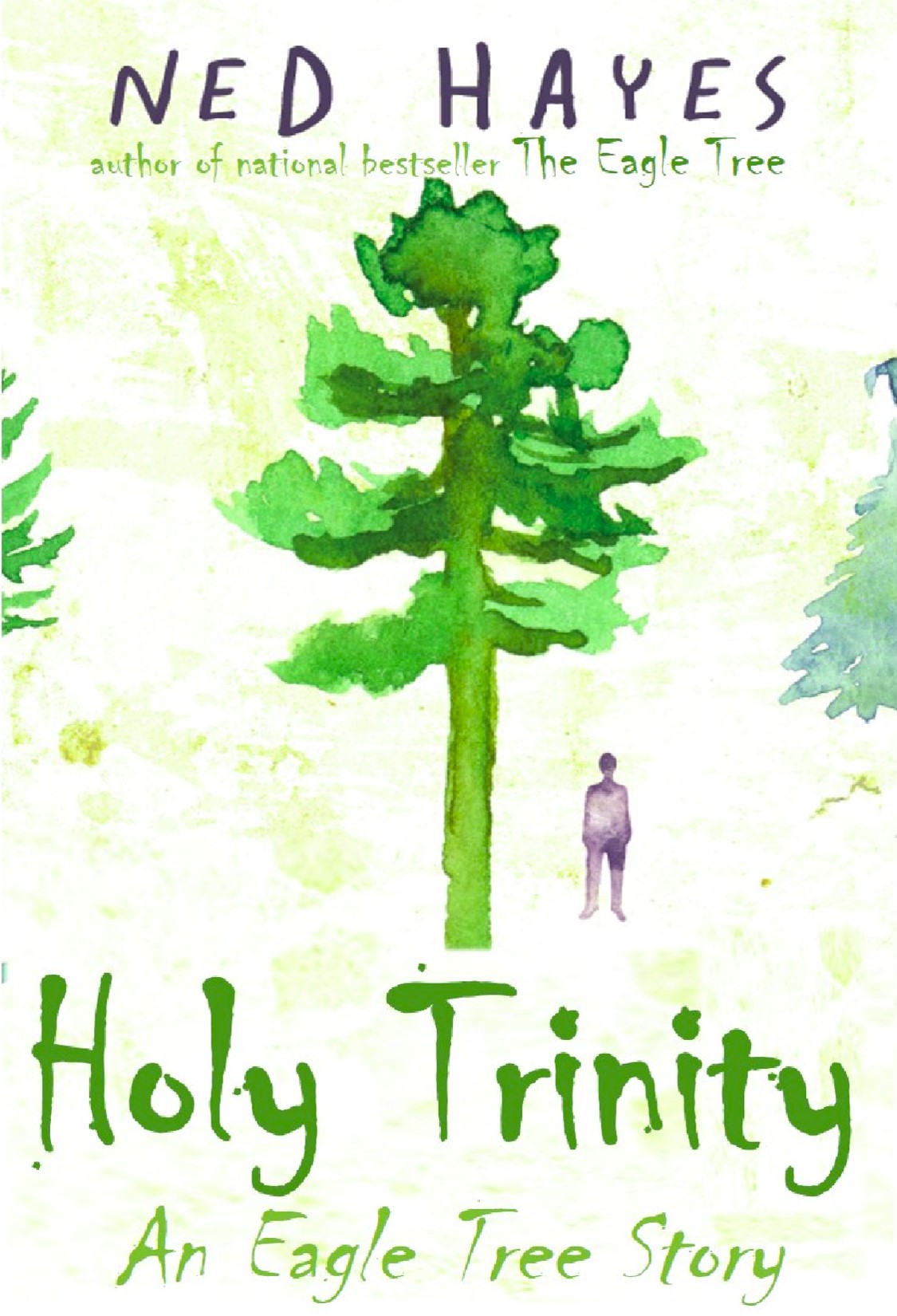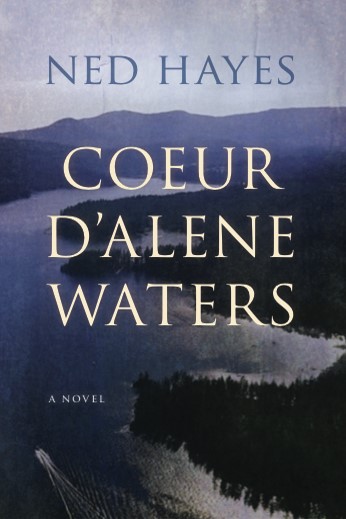Absolutely fascinating! I missed a chance to read this book earlier in the year, and am so, SO glad to have had this opportunity.
I’d like to say that some of the prejudices outlined in this book set in the Dark Ages are no longer present in our world, but I’d be a liar.
Granted, the tragedy is horribly unimaginable. Five young boys burned to death. And it wasn’t an accident. Someone had tied the door to the house shut. We can only hope the perpetrator(s) would burn … for eternity. And, because of the religious climate of the time, the village folk blamed this on the Jews.
Only slightly less heinous, is the growing suspicions that these boys were going to be sold into ‘indentured servanthood’, which at the time was little better (if at all) than slavery. Lower social classes of the time could apparently not even travel out of their villages without written permission from whatever ‘nobleman’ ruled their area. This is another time period in which I would not have lasted long? A permission slip to travel to the next town over to visit family? Luckily for me, most of the words I would spew at anyone trying to stop me would probably be misunderstood. Unluckily for me, they would probably accuse me of witchcraft and cursing them with incantations.
And then there is Mear, aka Miriam. What a resourceful woman! After giving birth to a son, an earl tries to have her (and the child, I presume) killed – probably to avoid having a ‘bastard’ get any of his estate. Not only does Miriam get away with her son, but she manages to hide as the mute man ‘Mear’, and live in a small village for nearly ten years, including those first breastfeeding months!
As the ‘father’ of Christian, she travels with the other fathers (and the charred corpses) in order to demand justice against the supposedly Jewish murderers. They encounter many dangers and hardships on the way, and are eventually accused in a religious court at a monastery for not burying their dead sons and for theft and sentenced to death by fire. Incidentally, I was surprised at how long it took me to make the connection that Mear would have two problems if her secrets came out at that court. One, she was a woman dressed and living as a man, which I can’t believe the monks of the time would view as ‘natural’ and with a name like ‘Miriam’, many of her good Christian neighbors would probably turn on her.
Sinful Folk is an artfully worded historical fiction, as melodic as many ballads and religious chants of the time. It is also a wonderful lesson in the dangers of prejudice and jumping to conclusions. I can’t wait to read his next book.
If you like historical fiction, this book should be on your shelves! (Oh wait, this is 2014, ok, on your Kindle or Nook then.)

